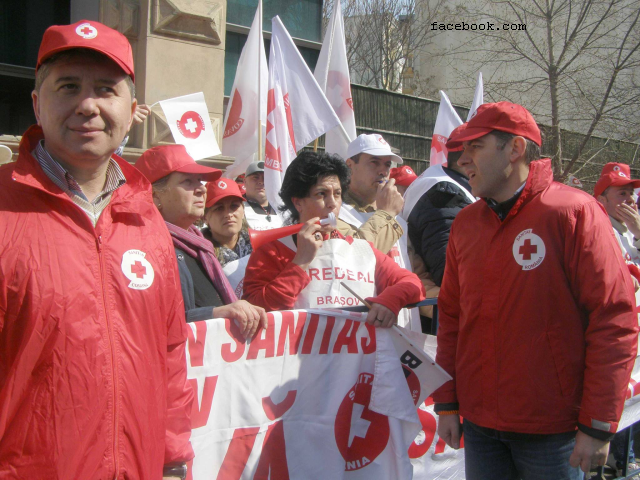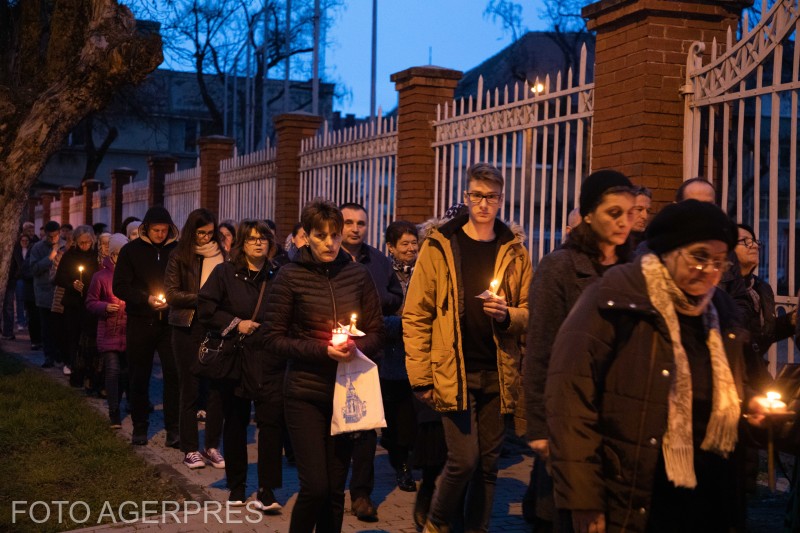Social dissatisfaction
Unhappy with the fact that the Government did not take into account their requests regarding salary levels, the employees of the town halls in the Romanian rural area started protest actions on Monday. Thus, for one week, they will go on a daily two-hour warning strike while for the rest of the work program they will be on a Japanese strike. They will handle petitions and requests, but within the deadline set by the law, the head of the National Union of Public Administration Employees in Municipalities and Cities (SCOR), Dan Cârlan, explained.

Corina Cristea, 19.03.2024, 14:10
Unhappy with the fact that the Government did not take into account their requests regarding salary levels, the employees of the town halls in the Romanian rural area started protest actions on Monday. Thus, for one week, they will go on a daily two-hour warning strike while for the rest of the work program they will be on a Japanese strike. They will handle petitions and requests, but within the deadline set by the law, the head of the National Union of Public Administration Employees in Municipalities and Cities (SCOR), Dan Cârlan, explained.
Trade union representatives say that the 60,000 employees of the town halls are the only ones in the public system whose salary level has remained the same since 2021, and the government has promised to increase it by 100 euros. A decision regarding a possible salary increase could be taken after the budget execution for the first quarter of the year, scheduled for next month.
Also on Monday, around 200 employees working in the trade sector took to the streets. They asked for the meal and holiday vouchers to be tax-exempt. Moreover, they are unhappy with the lack of an employment contract at national level. Protesters complain about the pressure exerted on them by the employers, who they say often keep them on low wages or on the minimum wage in a sector where labour productivity and profit are high.
At the same time, after protests organized in the capital Bucharest, the Solidaritatea Sanitara Federation held, at the end of the week, a referendum on the topic of starting a general strike.
All employees in the healthcare system were invited to evaluate the relevance and impact of the increase in basic salaries on the individual salary income and to decide on starting a strike and on participating in the strike. Unionists in the healthcare system are unhappy with the fact that the Government promised them an increase of only 20% in salaries, which they say is too little for the work they do. Doctors have a contract for extra shifts, which are paid at the level of salaries before their update, and the nurses do not receive their extra money for the night shifts and for the Saturday-Sunday shifts, when they work to ensure the continuation of activity in the system. Trade union representatives also say that nurses, stretcher-bearers and caregivers receive the increase for dangerous, harmful conditions, for night shifts, for Saturday – Sunday shifts and for public holiday shifts at the salary level of 2018, before the new salary law was enforced.
The technical, economic, scientific and administrative staff (TESA) is in the same situation. The fact that the food allowance has not been updated either, is one more reason for dissatisfaction. Unionists say they are determined to continue protest actions, the next step being a warning strike. On Monday, employees with the penitentiary system also announced protests in most detention units, as of March 21, if the Unitary Pay Law did not apply to them as well. (EE)






























